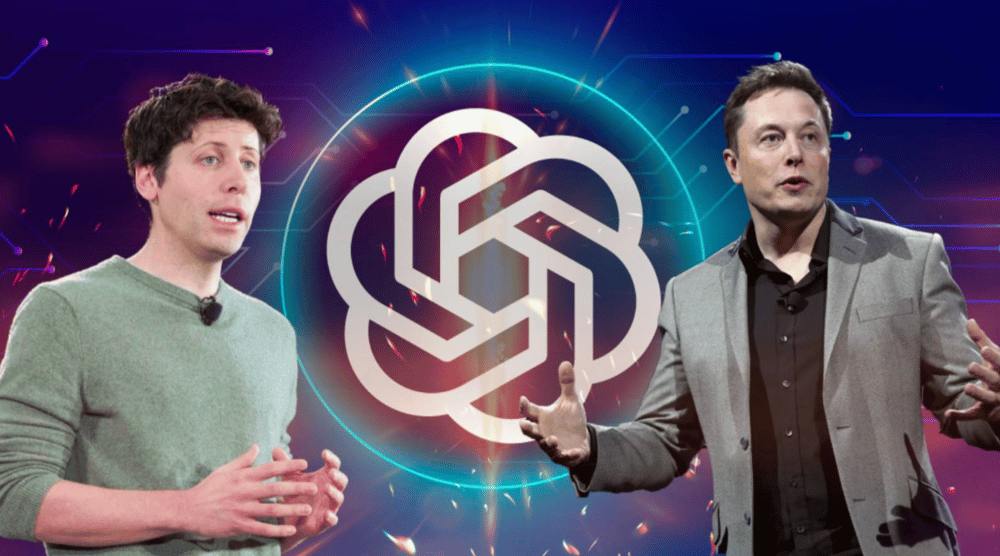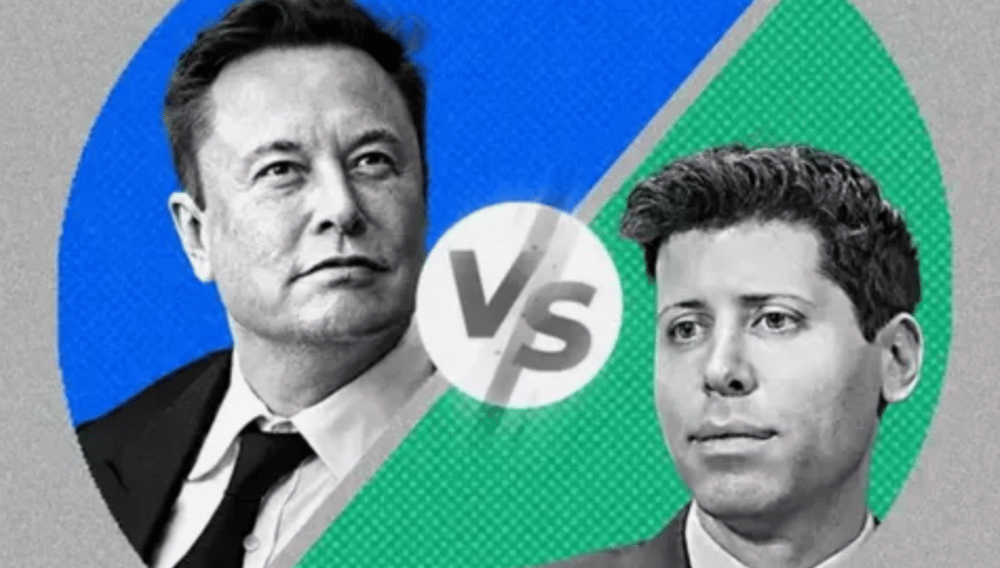California AG’s Decision Marks New Chapter in the Elon Musk vs. OpenAI Legal Dispute
The high-profile clash between Elon Musk and OpenAI has taken a new turn as the California Attorney General firmly refused to back Musk’s lawsuit against the prominent artificial intelligence company. This decision, formally outlined in a letter from the Attorney General’s office, shines a light on the evolving landscape at the intersection of AI, corporate governance, and regulatory oversight.
Backdrop of Discord and Prosecutorial Stance
Tensions between Elon Musk and Sam Altman—major figures in tech innovation—have escalated due to disagreements over OpenAI’s corporate direction. Musk has voiced concerns about OpenAI’s move to shift oversight from a nonprofit board to shareholder control, arguing it risks undermining the company’s original mission of serving the public good through responsible AI development.
The California Attorney General’s office, declining to participate in Musk’s legal challenge, cited a lack of clear benefit to the state’s public interest. This decision signals a cautious regulatory approach, even when influential tech leaders are involved, and reflects a broader trend of hesitance by public authorities to wade directly into private corporate conflicts.
Key Forces Shaping Public Perception
1. Unresolved legal and ethical questions in AI governance
2. OpenAI’s rapid expansion in the global tech landscape
3. Public disputes between influential co-founders amplifying media attention
4. Ongoing debate over the balance of public and private interests in innovation
5. Commitment of state authorities to independence in evaluating corporate legal battles

Underlying Drivers and Potential Developments
Much of the scrutiny has been driven by OpenAI’s plan to increase shareholder influence at the expense of nonprofit governance, sparking debate about the shifting focus from collective mission to commercial interests. The conflict between Musk and Altman now goes beyond legalities, fueling discussions on transparency, accountability, and strategic priorities for leading AI organizations.
- Growing dominance of private investors in organizational oversight
- Emerging risks to OpenAI’s long-term nonprofit mission
- Heightened regulatory attention to similar corporate disputes
- Increase in litigation within the high-tech industry
- Evolving standards of governance in nonprofit tech entities
Navigating Interests: The Shifting Dynamics of AI Corporate Governance
These latest events underscore the challenge of balancing technological commercialization with a commitment to the public interest. California’s decision to refrain from intervening highlights the resolve of regulatory agencies to maintain neutrality in even the most high-profile of tech sector legal conflicts.
Final Insights
The Musk vs. OpenAI dispute and the state’s response are shaping up as pivotal events in the artificial intelligence industry, reflecting broader trends in legal, economic, and ethical standards intersecting with innovation. As the situation unfolds, it will likely set precedents and influence the regulatory environment for AI and beyond.















Comments
A move like this signals the start of a new chapter in the rapidly evolving tech ecosystem